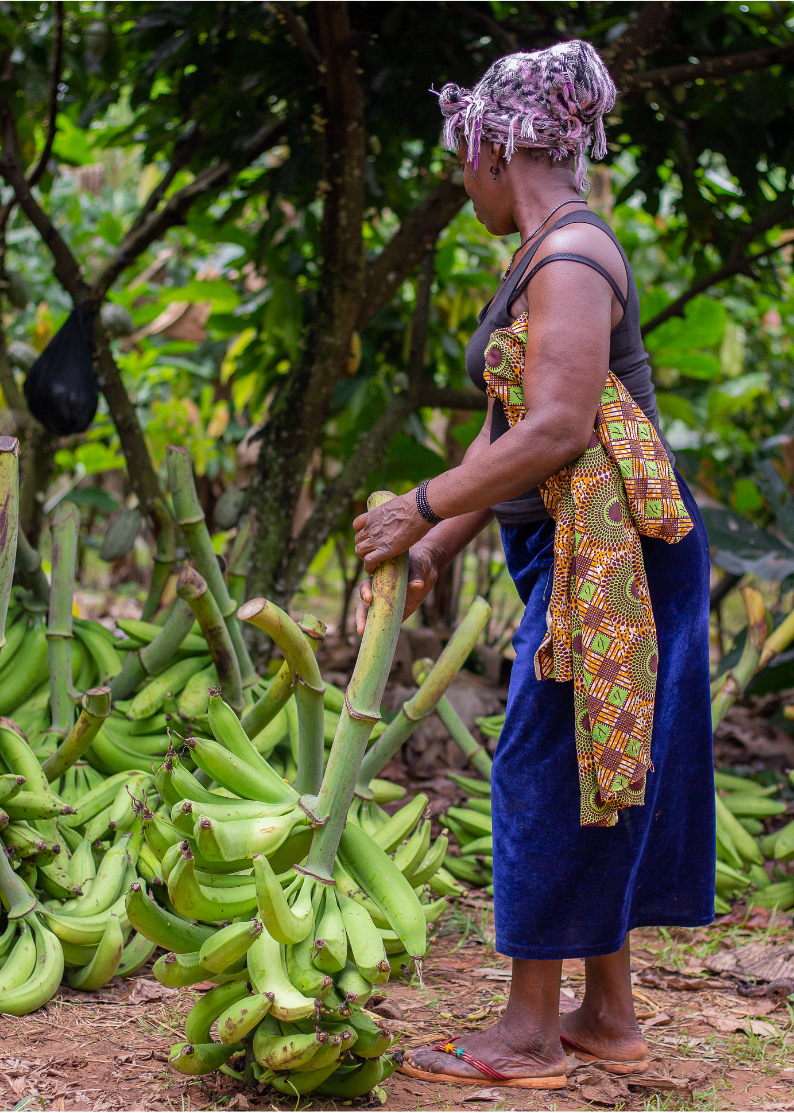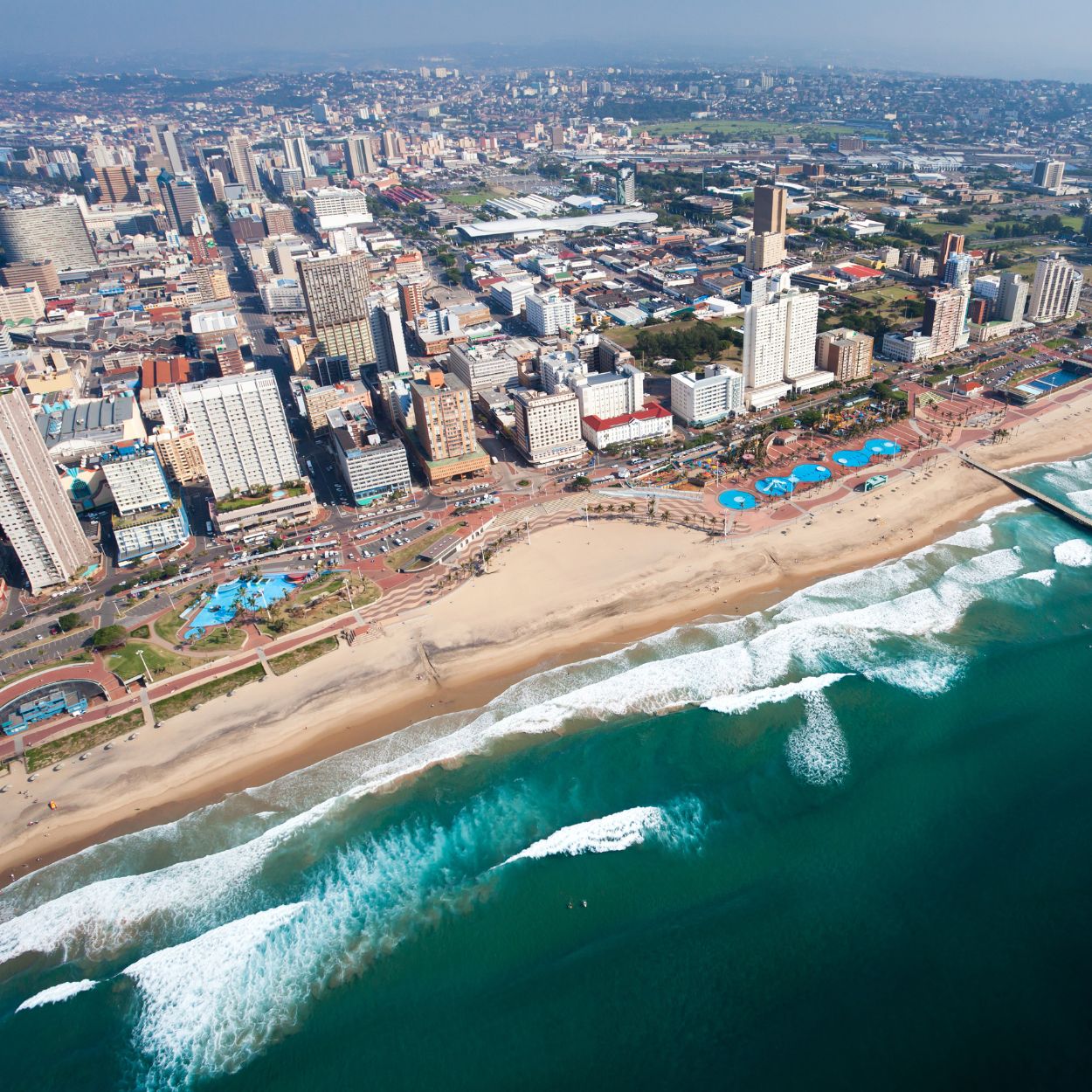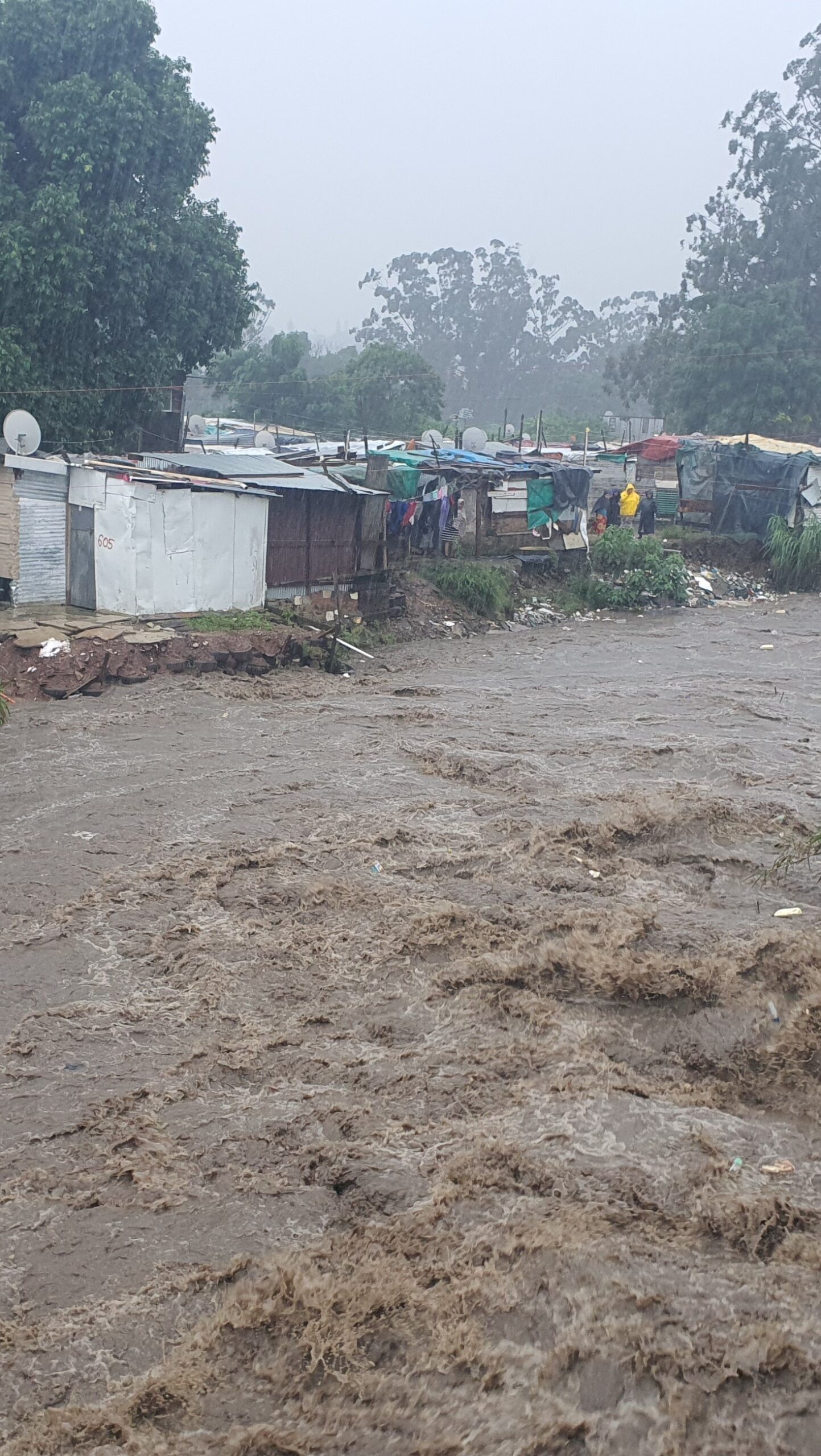25 January 2024
Creating a future defined by unprecedented resilience and inclusivity in African cities



A cohort of ICLEI Africa's cutting-edge new resilience projects will deliver tangible outcomes in the coming year. Together, they will strengthen urban resilience in African cities, increasing preparedness and alleviating disasters, tackling climate shifts, and aiming to secure vital climate finance.
In response to the urgent challenges posed by climate change and its devastating impacts, ICLEI Africa is leading the implementation of three new transformative resilience projects in African cities. With a pragmatic approach focused on bolstering urban resilience, enhancing preparedness, mitigating disasters and securing climate finance at the local level, these projects aim to address the multifaceted impacts of climate change. Central to these efforts is a concerted drive to combat the inescapable pandemic of inequality, placing a strong emphasis on fostering inclusivity and empowering marginalised communities.

A pioneering project within this transformative landscape is the BRokering Innovation for Decentralised climate finance and Gender Equality (BRIDGE) project, launched in 2023. BRIDGE’s ultimate vision is to bridge knowledge-to-action gaps, unlocking financial resources tailored for gender-responsive and inclusive locally-led adaptation. The significance of knowledge brokers engaged in the BRIDGE project is pivotal, as these individuals play a key role in facilitating inclusive planning, project development and financing. The anticipated impact of this project will reach beyond Cameroon, extending across Central Africa, and contributing to a more resilient and equitable future. In a region where the challenges of climate change are prevalent, such projects become instrumental in addressing the unique needs and vulnerabilities of African cities.
In tandem, the DRR4Africa (Disaster Risk Reduction: A resilience agenda for urban Africa) project addresses the alarming findings from the 2021 World Risk Poll, which revealed that Africa has the lowest resilience index scores globally. Particularly in Central and Western Africa, people, especially women, reported experiencing flood-related disasters more frequently than in any other region. Furthermore, the frequency and intensity of extreme weather events in Africa have increased significantly in recent years, disproportionately affecting vulnerable communities. DRR4Africa collaboratively identifies climate risks and vulnerabilities, and develops tailored solutions for three selected African cities, with the ultimate aim of saving lives.
The project’s methodology involves facilitating inclusive workshops with multi-sectoral representation, consolidating existing data on disaster risk to create a roadmap for improved safety and resilience. With a distinct focus on women, DRR4Africa aspires to support three African cities in enhancing their resilience through evidence-based urban DRR planning, training, and increased collaboration in multi-level governance.
Complementing these projects, the INACCT Resilience (Designing Inclusive African Coastal City Resilience) project takes into account the harsh realities faced by thousands of African individuals devastated by extreme events such as intense flash flooding. According to the 2023 Annual Climate Summary Report, coastal cities like Beira in Mozambique and eThekwini in South Africa are particularly vulnerable to the impacts of climate change, with sea-level rise and an increase in the intensity and frequency of storm surges threatening communities and infrastructure. This project, focusing on these two cities, aims to co-create climate-resilient solutions and promote inclusivity by amplifying the voices of marginalised communities.
The project reframes traditional top-down approaches, enabling communities to define their own resilience needs. Participatory methodologies, including innovative techniques like photovoice, Learning Labs, and knowledge-sharing events, contribute to co-creating risk and resilience profiles for informal settlements. Photovoice, championed by UKZN (University of KwaZulu-Natal) partner Professor Catherine Sutherland, empowers community members to share their stories visually, overcoming language and power dynamics while fostering relationships among co-researchers and city officials.
Knowledge brokering, a key element, ensures the elevation of produced knowledge into policy spaces, with ICLEI Africa and university partners playing pivotal roles. This enhances the local understanding of community and municipal responses, both during and after events, playing a crucial role in shaping policies and guiding actionable measures for better outcomes. The project’s commitment to co-learning, co-design, and community empowerment positions it as a ground-breaking endeavour in reshaping the vision of a truly resilient African city.
As ICLEI Africa leads these innovative projects, the collective efforts aim to create a future where African cities are defined by resilience and inclusivity. These projects not only respond to the immediate challenges posed by climate change, but also pave the way for sustainable, community-driven solutions that empower and protect vulnerable populations. The commitment to gender equality, inclusive planning and community engagement underscores a vision for a future that is not only resilient but also equitable and sustainable. Through these projects, ICLEI Africa strengthens its existing work on the continent and takes a significant step forwards in building a future that safeguards the well-being of all, ensuring that no one is left behind.

Funders:
BRIDGE – The BRIDGE (BRokering Innovation for Decentralised climate finance & Gender Equality) project work is being carried out with the aid of a grant from the Ministry of Foreign Affairs of the Netherlands and the International Development Research Centre (IDRC), Canada. The views expressed herein do not necessarily represent those of IDRC, its Board of Governors, or the Ministry of Foreign Affairs of the Netherlands.
DRR4Africa – This project is funded by Lloyd’s Register Foundation, in partnership with UNDRR, and implemented by ICLEI Africa.
INACCT – INACCT Resilience is funded through the Climate Adaptation and Resilience (CLARE) initiative. CLARE is a £110m, UK-Canada framework research programme on Climate Adaptation and Resilience, aiming to enable socially inclusive and sustainable action to build resilience to climate change and natural hazards. CLARE is an initiative jointly designed, funded and run by the UK Foreign Commonwealth and Development Office and Canada’s International Development Research Centre. CLARE is primarily funded by UK aid from the UK government, along with the International Development Research Centre, Canada.


